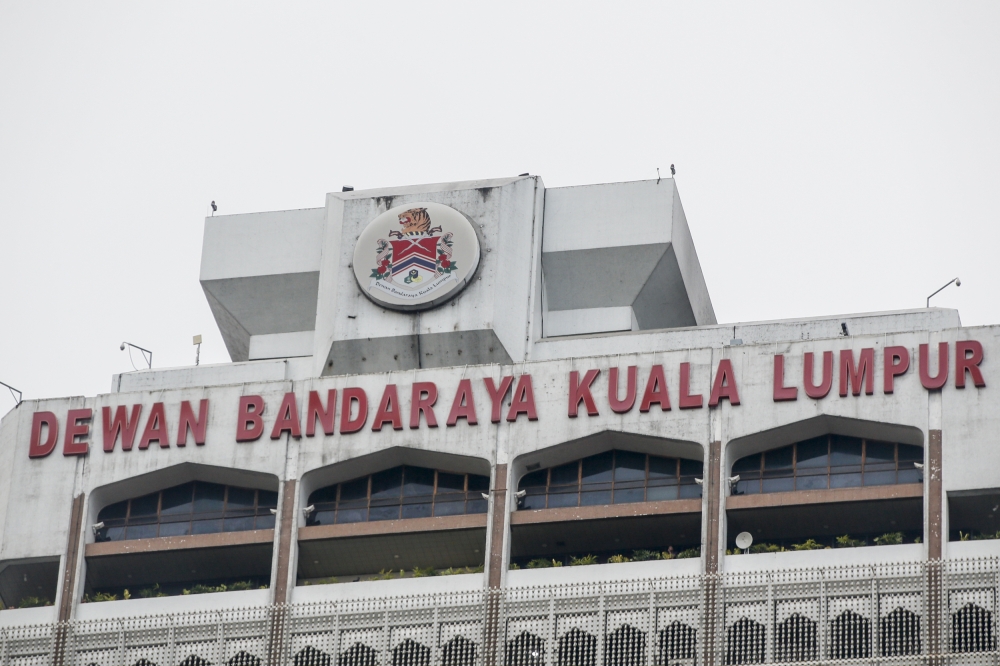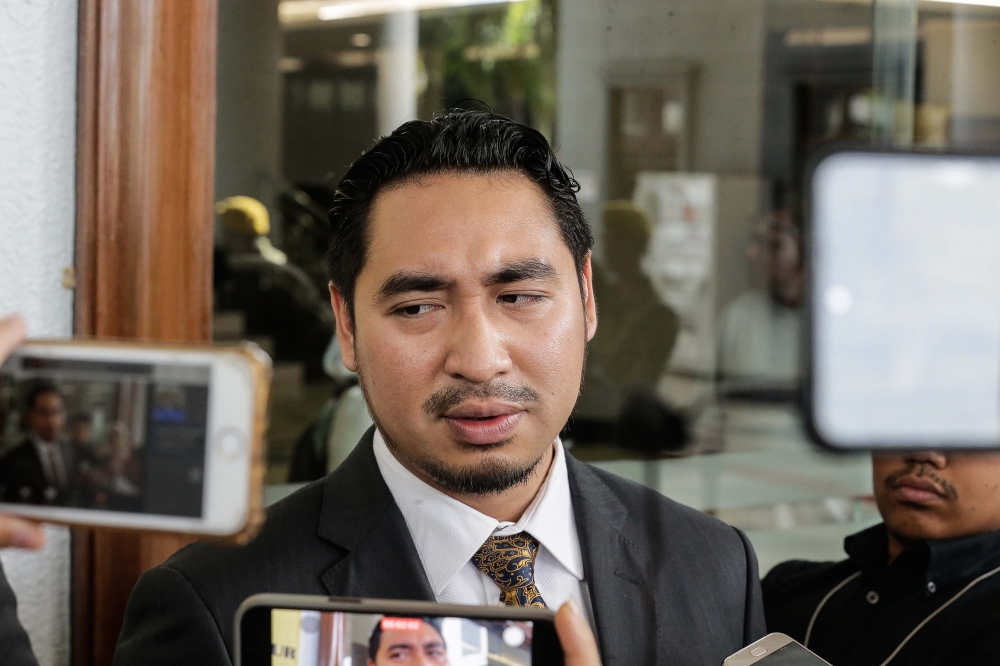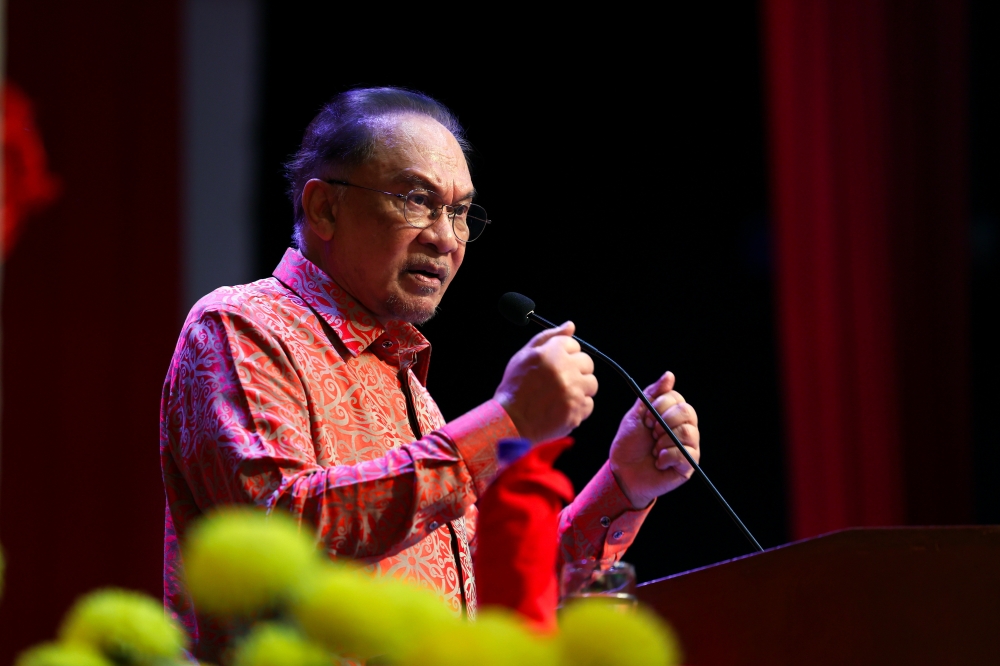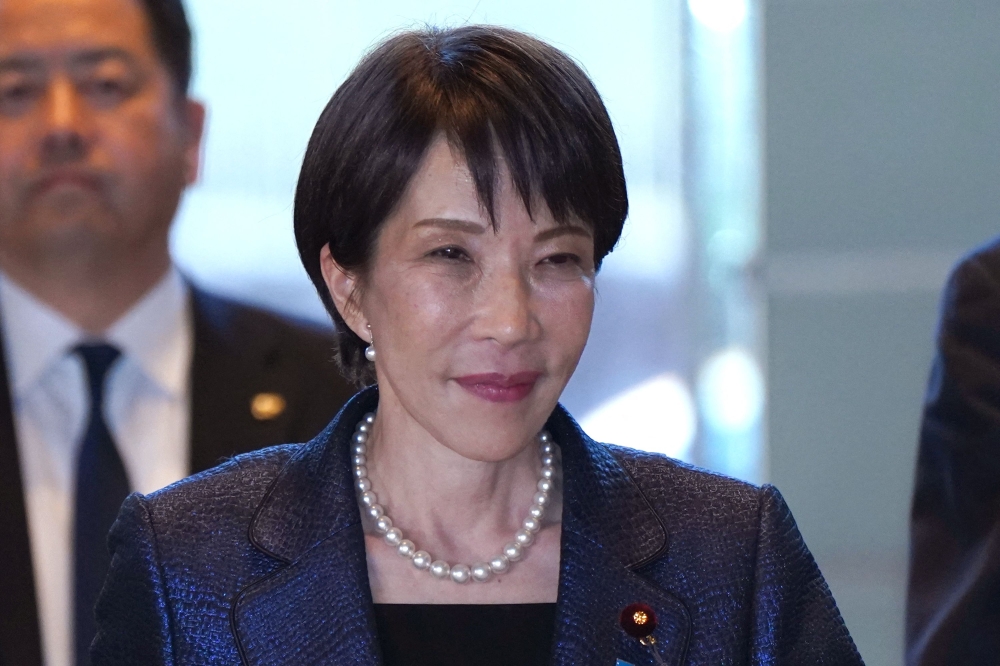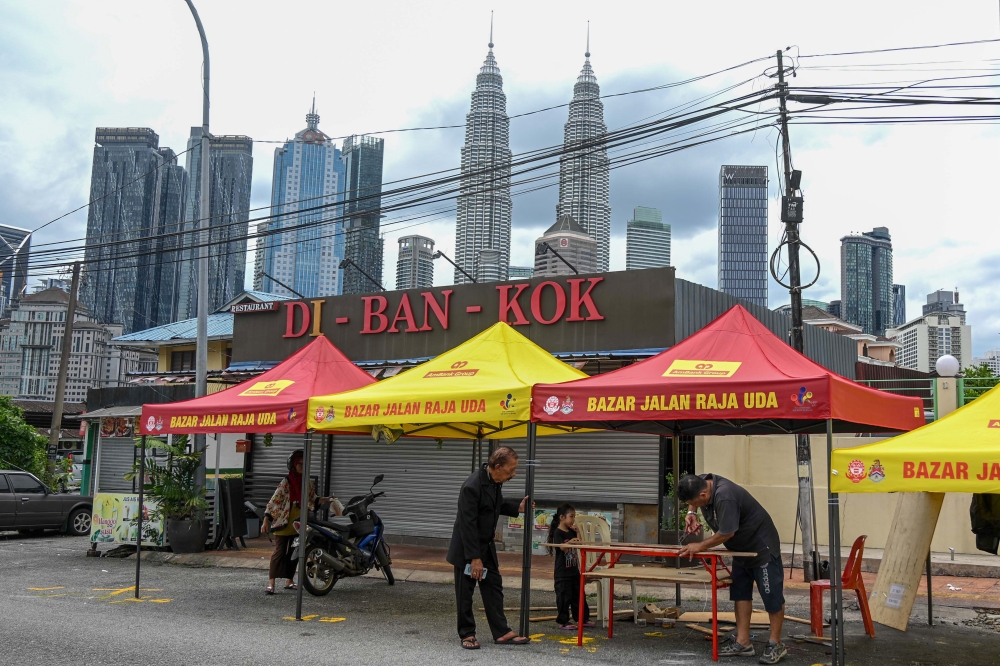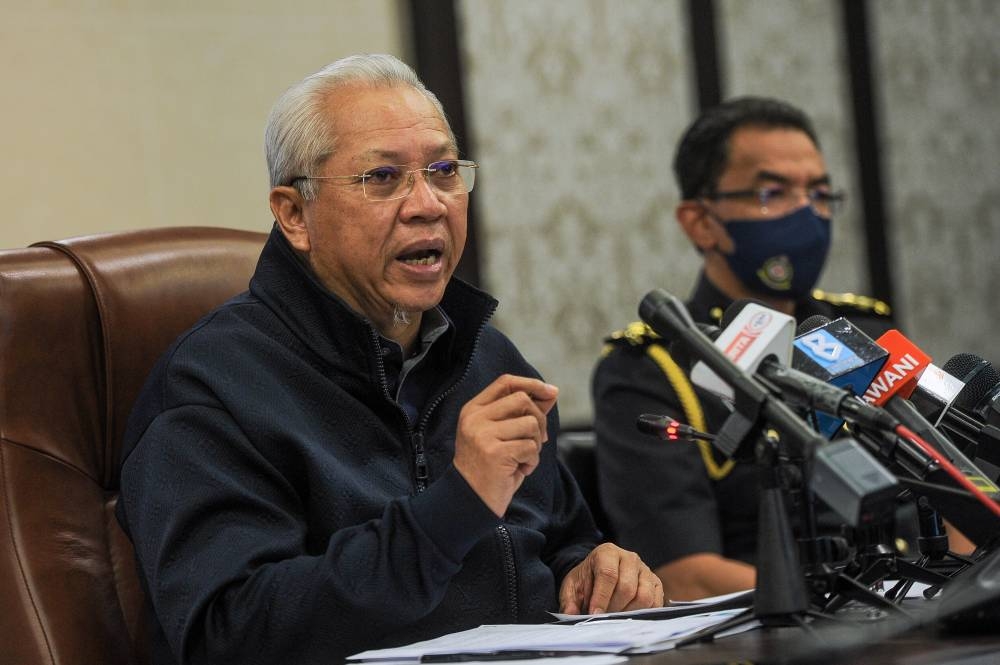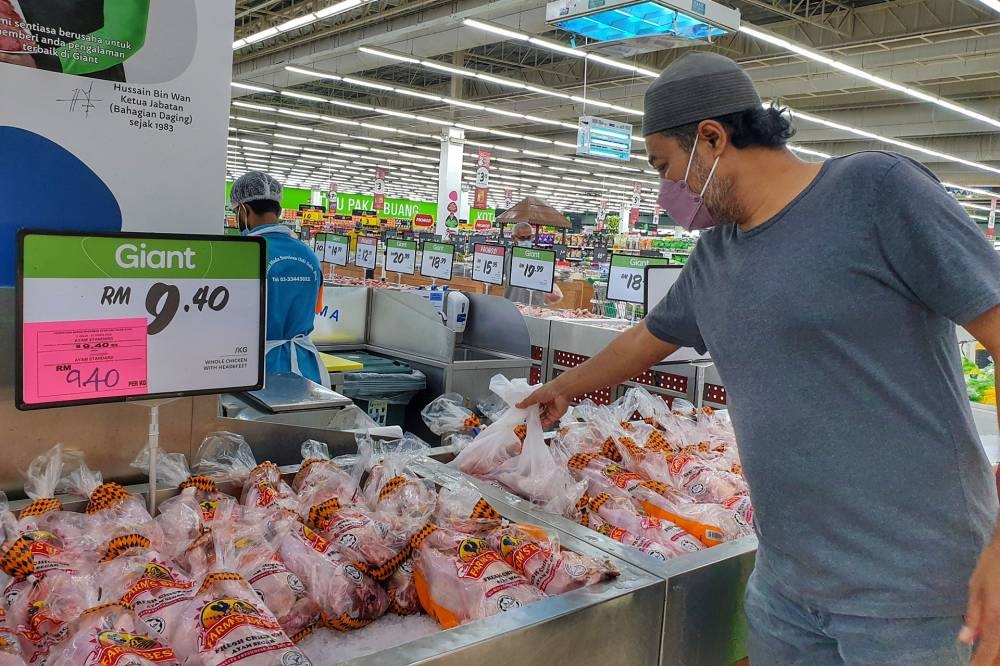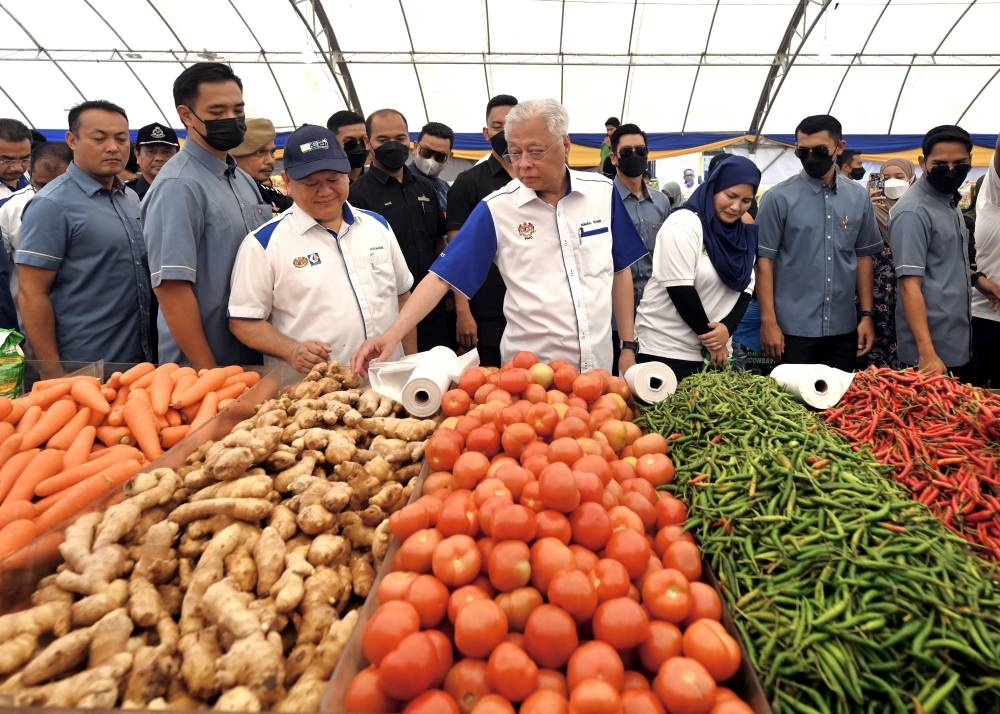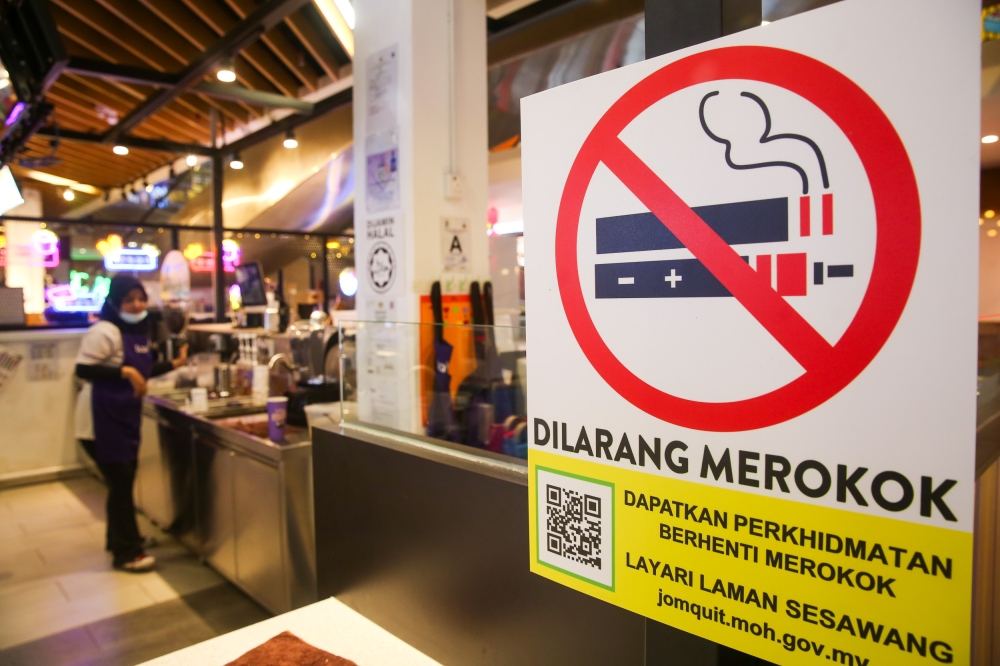KUALA LUMPUR, Aug 29 — The ceiling price of RM9.40 per kilogramme for local whole fresh chicken will not be raised after August 31 while the three sen subsidy for eggs will remain, said Task Force on Jihad Against Inflation chairman Tan Sri Annuar Musa.
He said the Cabinet also agreed that only certain farms rearing chickens specifically for export can begin exporting after getting approval from the Agriculture and Food Industries Ministry (Mafi) in October.
Annuar, who is Communications and Multimedia Minister, said the latest Cabinet decision did not have an end date because the government would monitor the overall chicken output and export volume before making any decision.
“So, before the Cabinet makes a new decision, the one I announced today will continue to be in force after August 31,” he told a news conference after chairing a meeting of the task force here today.
On July 30, Domestic Trade and Consumer Affairs Ministry (KPDNHEP) secretary-general Datuk Azman Mohd Yusof was reported to have said that the mechanism for implementing the RM9.40 ceiling price in Peninsular Malaysia might not be continued after August 31 as supply was getting more stable by the day.
The government had earlier fixed the price of grade A eggs at 45 sen each, grade B at 43 sen each and grade C at 41 sen each effective July 1 for a two-month period.
The government has also banned the export of chicken beginning June 1 this year after a shortage of supply caused a hike in price.
However, it was reported that there is now an oversupply of chicken, prompting breeders to urge the government to lift the export ban.
Annuar said the Cabinet had discussed breeders’ request for a resumption of export but felt that priority should still be given to the domestic market, adding that a bit of oversupply can help to bring down prices.
“When price drops, we cannot reduce supply. So export will not be allowed if it involves taking from the production for domestic consumption.
“For domestic use, imported chicken is allowed. Chicken produced directly from various farms should continue as such. We understand there is a demand from importing countries, and we have the capacity at certain farms in some states to export,” he added.
He said the Cabinet agreed that only certain farms can export chicken with conditions and in stages, after getting approval from Mafi.
“This means the number of chickens to be taken out needs Mafi’s approval. It should not affect the output meant for consumption in the country.
“Only certain farms designated for producing chicken can start breeding now for export purposes. But they cannot reduce the existing output or import that has been allowed,” he said.
Annuar said the task force would closely monitor this mechanism to ensure that there is always a sufficient supply of about 70 million chickens per month or 2.3 million birds daily to meet domestic needs.
The government had earlier fixed the price of grade A eggs at 45 sen each, grade B at 43 sen each and grade C at 41 sen each effective July 1 for a two-month period.
The government has also banned the export of chicken beginning June 1 this year after a shortage of supply caused a hike in price.
However, it was reported that there is now an oversupply of chicken, prompting breeders to urge the government to lift the export ban.
Annuar said the Cabinet had discussed breeders’ request for a resumption of export but felt that priority should still be given to the domestic market, adding that a bit of oversupply can help to bring down prices.
“When price drops, we cannot reduce supply. So export will not be allowed if it involves taking from the production for domestic consumption.
“For domestic use, imported chicken is allowed. Chicken produced directly from various farms should continue as such. We understand there is a demand from importing countries, and we have the capacity at certain farms in some states to export,” he added.
He said the Cabinet agreed that only certain farms can export chicken with conditions and in stages, after getting approval from Mafi.
“This means the number of chickens to be taken out needs Mafi’s approval. It should not affect the output meant for consumption in the country.
“Only certain farms designated for producing chicken can start breeding now for export purposes. But they cannot reduce the existing output or import that has been allowed,” he said.
Annuar said the task force would closely monitor this mechanism to ensure that there is always a sufficient supply of about 70 million chickens per month or 2.3 million birds daily to meet domestic needs. — Bernama





